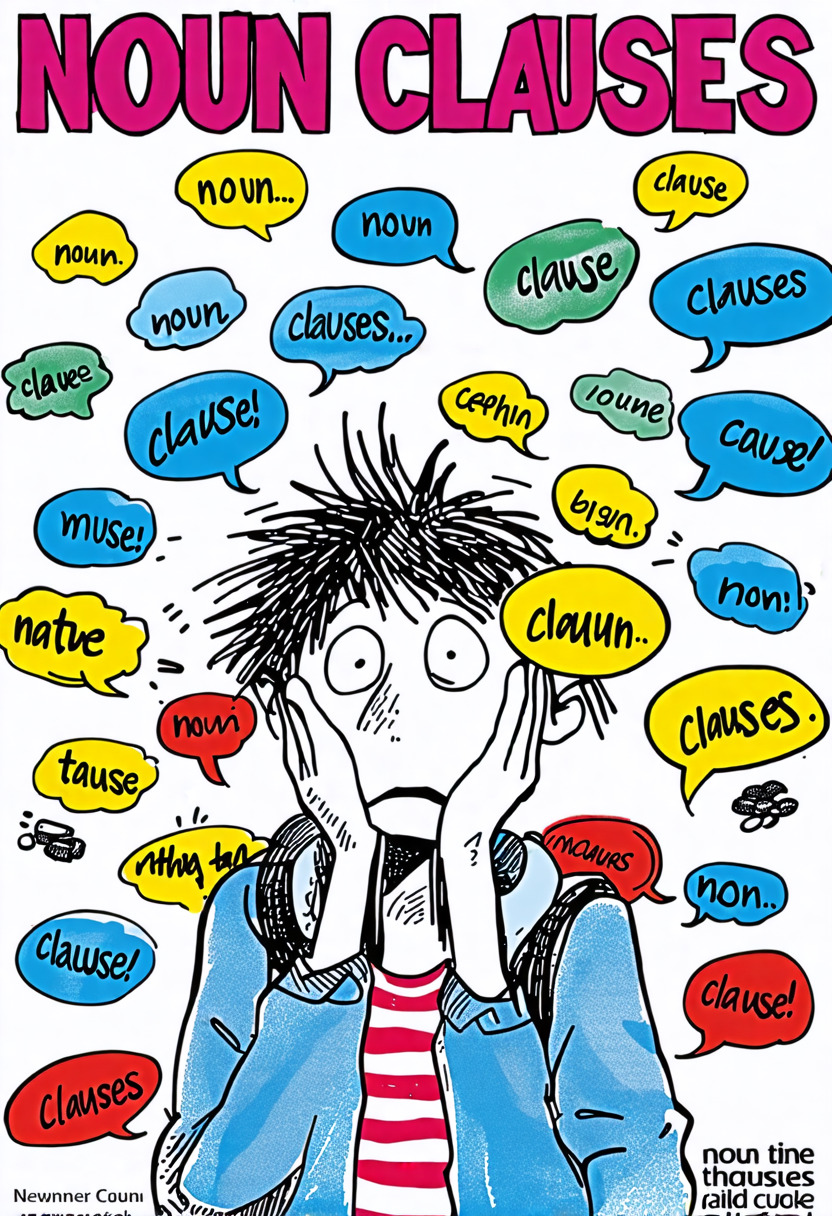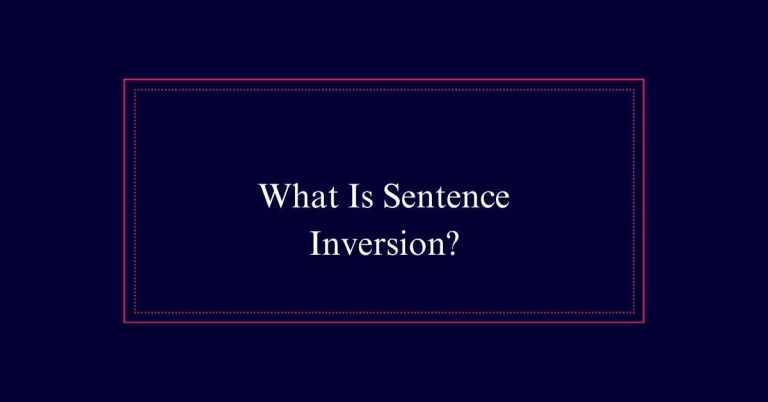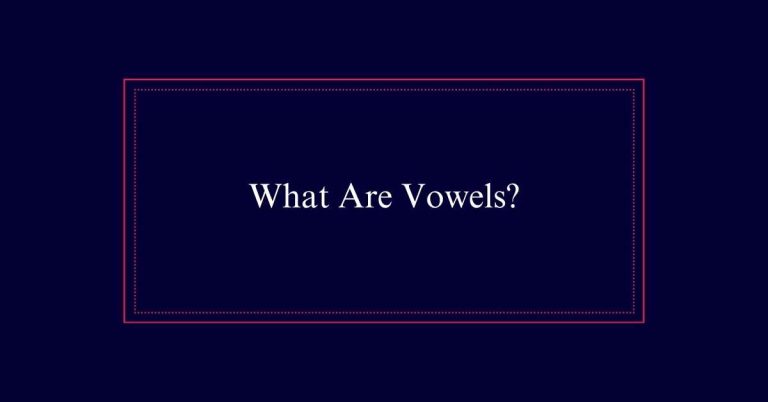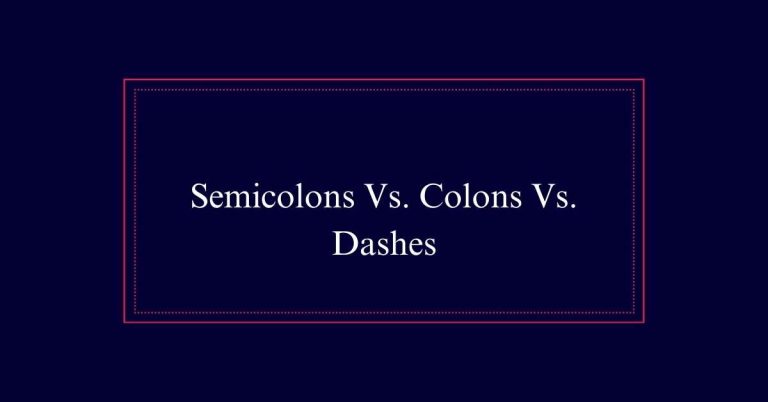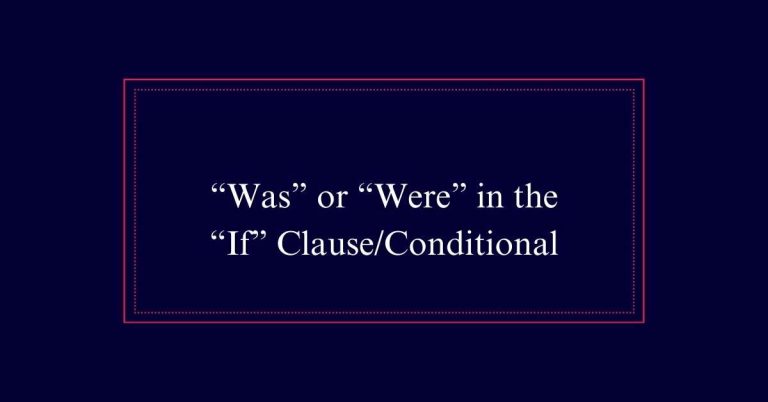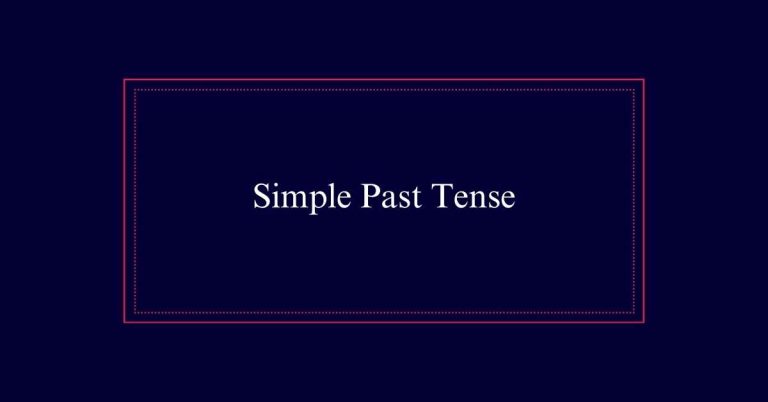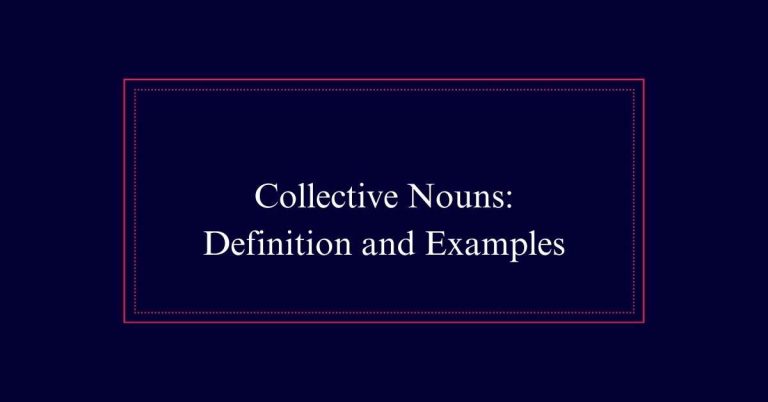Noun Clauses
Noun clauses are critical in complex sentences, acting as subjects, objects, or complements. They start with words like ‘that,’ ‘who,’ ‘what,’ and ‘whom,’ adding depth and detail to your writing. These clauses have a subject and a verb but cannot stand alone. Noun clauses can function as subjects like in “What he decided was surprising,” or as objects, as in “She believes that he will succeed.”
Understanding Noun Clauses
Noun clauses are essential components that function as subjects or objects within sentences. They begin with words like ‘that,’ ‘who,’ ‘what,’ ‘whom,’ and ‘whose.’ For instance, in the sentence ‘I know what you did,’ the clause ‘what you did’ serves as the object.
Similarly, ‘She told me that she is leaving’ has the noun clause ‘that she is leaving’ as the object.
These clauses add complexity and depth to sentences, enhancing their meaning. By understanding how noun clauses work, one can improve writing and communication skills. Using noun clauses effectively allows for more nuanced and detailed expression, making one’s writing richer and more precise.
Identifying Noun Clauses
Recognizing noun clauses in sentences is the next step in mastering their usage. To identify a noun clause, look for a group of words that contains a subject and a verb but cannot stand alone.
These clauses often begin with words like ‘that,’ ‘who,’ ‘what,’ ‘whom,’ and ‘whose.‘ For example, in the sentence ‘I know what you did,’ the noun clause is ‘what you did.’ It functions as the object of the verb ‘know.
Noun clauses can also start with subordinating conjunctions. Identifying these clauses helps in understanding sentence structure and enhancing writing skills.
Functions of Noun Clauses
Understanding the various functions of noun clauses is essential for mastering complex sentence structures. Noun clauses can serve multiple functions in sentences. They can act as subjects, direct objects, indirect objects, predicate nominatives, and objects of prepositions. Each function allows the speaker or writer to express more nuanced and detailed ideas.
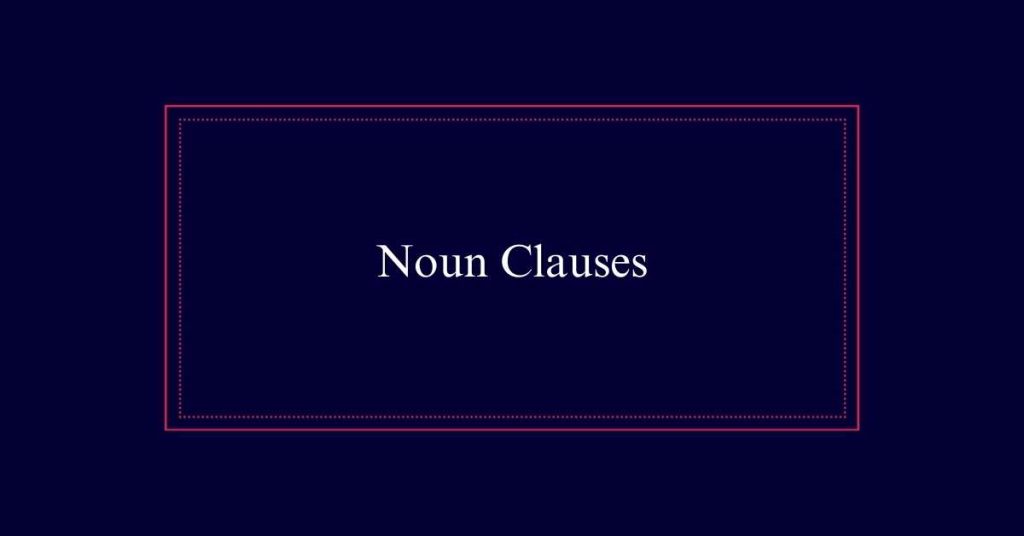
Here is a table summarizing the functions of noun clauses:
| Function | Example |
|---|---|
| Subject | What she said was surprising. |
| Direct Object | I believe that he is honest. |
| Indirect Object | Give whoever arrives first the prize. |
| Object of Preposition | We talked about where they went. |
Starting Words for Noun Clauses
Knowing the functions of noun clauses is important. It is crucial to identify the starting words that introduce them. These words are known as relative pronouns and subordinating conjunctions. They include ‘that,’ ‘who,’ ‘whom,’ ‘whose,’ ‘what,’ ‘which,’ ‘where,’ ‘when,’ ‘why,’ and ‘how.
Each of these words signals the beginning of a noun clause and helps connect it to the rest of the sentence. For instance, ‘that’ can introduce a clause acting as the object, as in ‘She believes that he will succeed.’ Similarly, ‘what’ can start a noun clause serving as a subject, such as in ‘What he said surprised everyone.’
Examples of Noun Clauses
Noun clauses can be illustrated through various examples that highlight their role as subjects, objects, and more in sentences. Consider the following examples:
- Subject: ‘What he decided’ was surprising.
- Direct Object: She believes that he will succeed.
- Indirect Object: Give whoever arrives first the instructions.
- Object of a Preposition: They are interested in what she said.
In these sentences, noun clauses function as essential components, replacing nouns. As subjects, they start the sentence. As direct objects, they follow action verbs. As indirect objects, they receive the direct object. Lastly, as objects of prepositions, they follow prepositional phrases.
Adding Complexity With Noun Clauses
By incorporating noun clauses, writers can add complexity and nuance to their sentences. Noun clauses allow for the inclusion of additional information within a single sentence.
For example, in the sentence ‘I understand that she will be late,’ the clause ‘that she will be late’ provides extra detail about what is understood. This added layer of information gives depth to the writing.
Noun clauses can also help in expressing thoughts, beliefs, or knowledge more profoundly. They enable the writer to convey complex ideas without fragmenting the sentence structure.
Noun Clauses as Subjects
Understanding the role of noun clauses as subjects can further enrich your writing by providing clear and detailed statements. Noun clauses can be used as the subject of a sentence, adding depth and specificity.
For example, in ‘What you decide is important,’ the noun clause ‘What you decide’ serves as the subject. This usage can make your writing more nuanced.
Here are some key points to remember:
- Noun clauses often start with words like ‘what’ or ‘that’.
- They can stand in for a single noun in the subject position.
- They often introduce additional verbs and details.
- Using noun clauses as subjects can make sentences more informative.
Noun Clauses as Objects
Noun clauses as objects can enhance sentence depth by replacing a noun directly or indirectly. These clauses often follow verbs, serving as direct or indirect objects.
For example, in ‘She believes that he will succeed,’ the noun clause ‘that he will succeed’ functions as a direct object. Similarly, in ‘Tell me what you need,’ the clause ‘what you need’ acts as the direct object.
Noun clauses can also follow prepositions, functioning as objects of the preposition. For example, ‘I am concerned about what he said.’ Here, ‘what he said’ is the object of the preposition ‘about.’
Noun Clauses in Detail
A deeper exploration of noun clauses reveals their versatility and importance in sentence construction. Noun clauses serve as fundamental components that can act as subjects, objects, or complements. Their ability to replace nouns and add complexity makes them invaluable in both writing and speech.
Here are key features of noun clauses:
- Functionality: They can act as subjects, direct or indirect objects, and predicate nominatives.
- Initiation: They begin with words like ‘that,’ ‘who,’ ‘what,’ ‘whom,’ and ‘whose.’
- Versatility: They can contain additional elements like adverbs and prepositional phrases.
- Integration: They provide detailed information, often introducing extra verbs.
How Do Noun Clauses Differ from Nondefining Clauses?
Noun clauses function as a noun within a sentence, while nondefining clauses provide additional information that can be removed without changing the sentence’s core meaning. The main difference between the two lies in their purpose within a sentence, as the nondefining clauses explanation helps to provide clarification or context.
Enhancing Writing With Noun Clauses
To elevate your writing, incorporating noun clauses can greatly enhance both complexity and clarity in your sentences. Noun clauses act as subjects, objects, and complements, adding depth and detail.
For example, ‘I believe that she will succeed’ uses a noun clause as the object, making the sentence more informative. By replacing simple nouns with noun clauses, you introduce additional verbs and information, enriching the text. This technique not only makes the writing more engaging but also more precise.
Additionally, noun clauses guarantee that your statements are clear and thorough. Mastering their use can transform ordinary sentences into more sophisticated and nuanced expressions, improving both the quality and impact of your writing.
